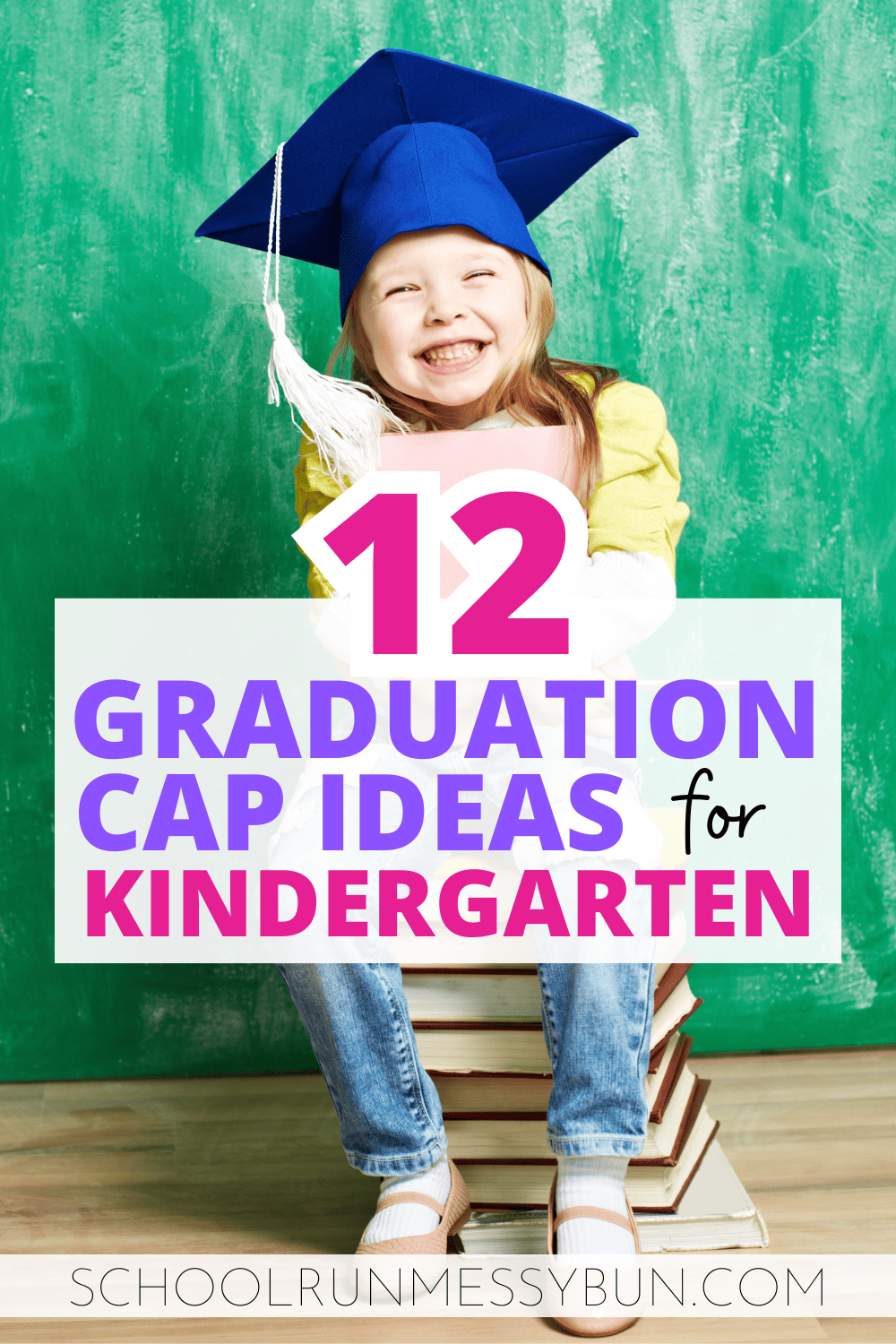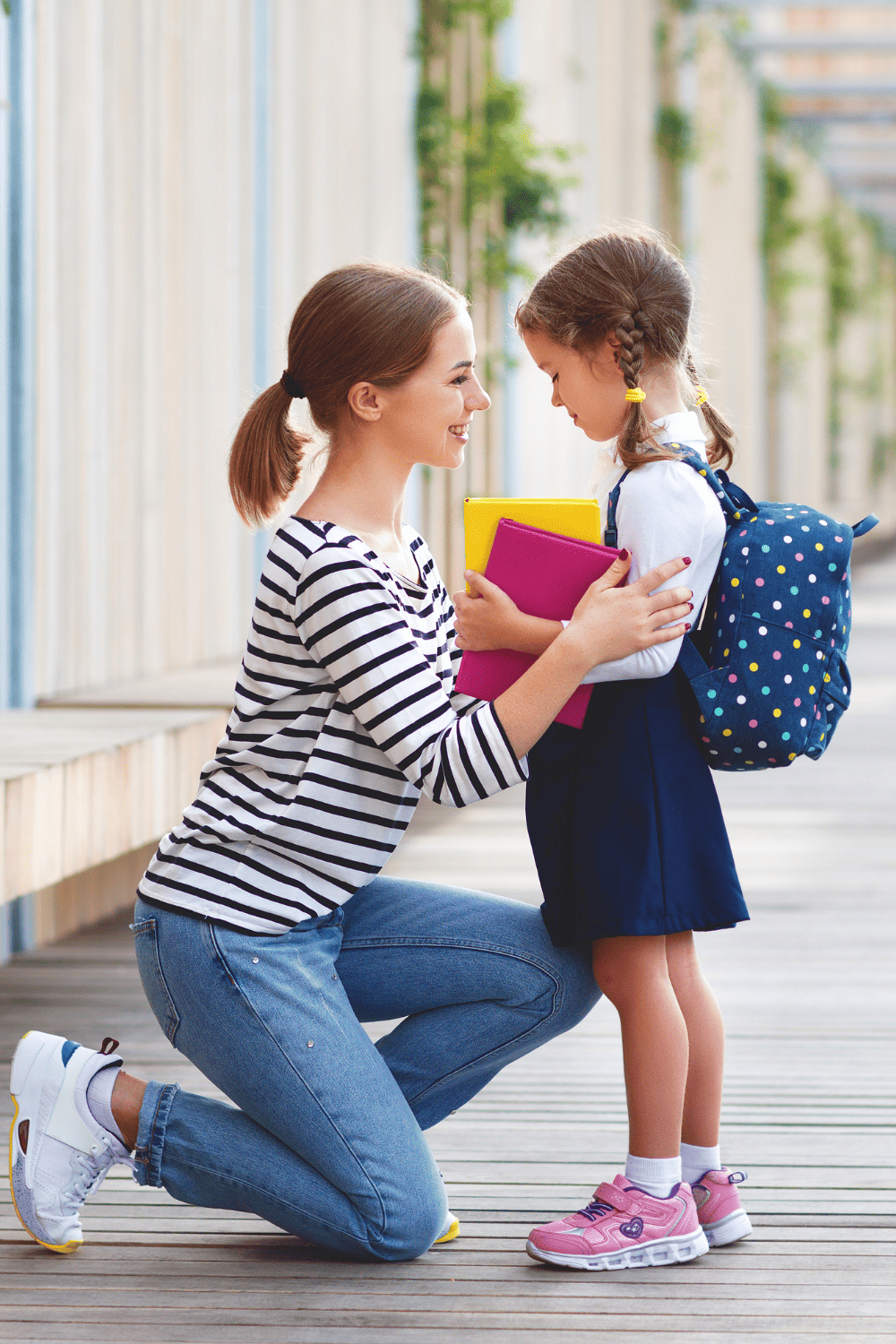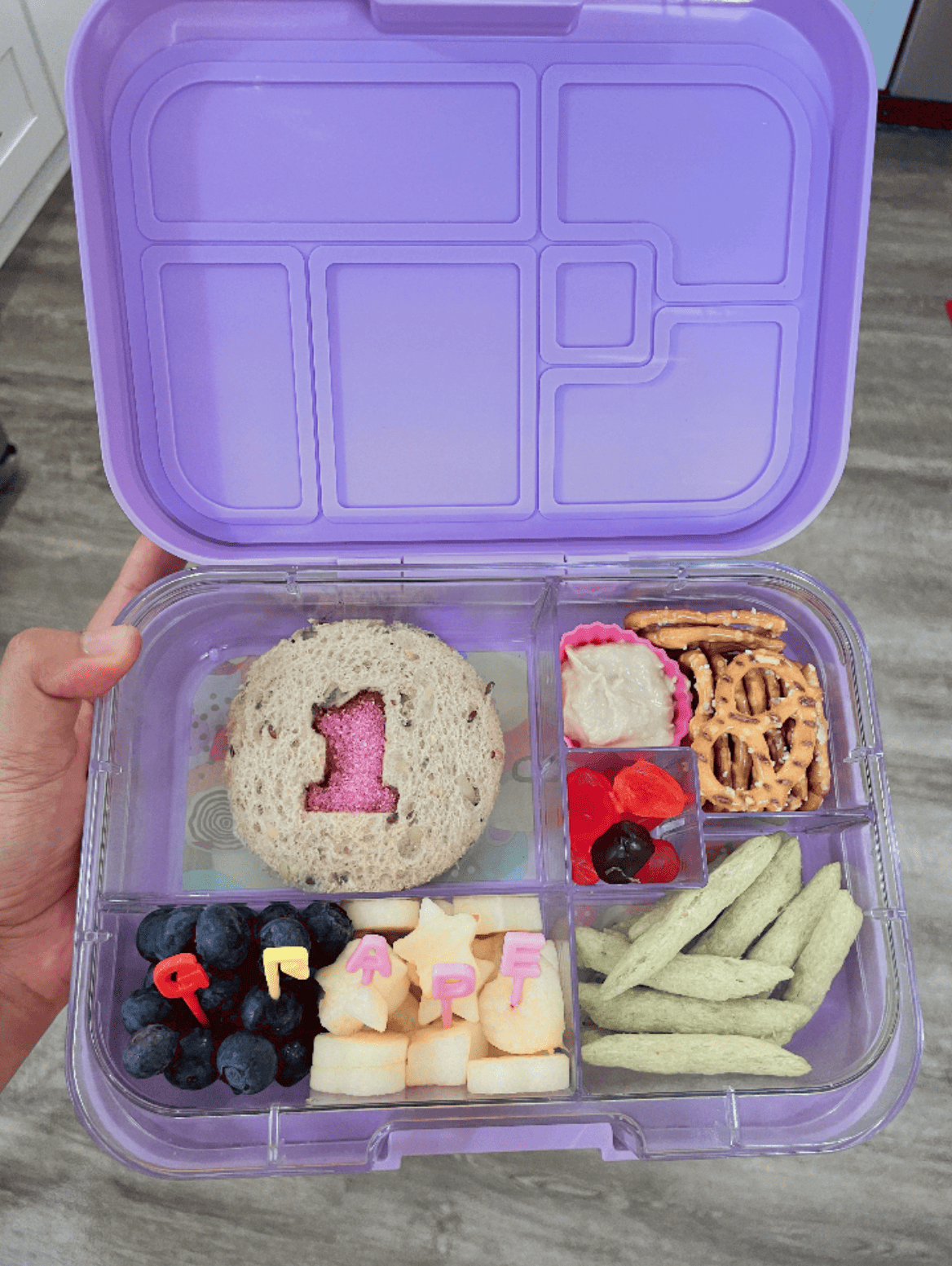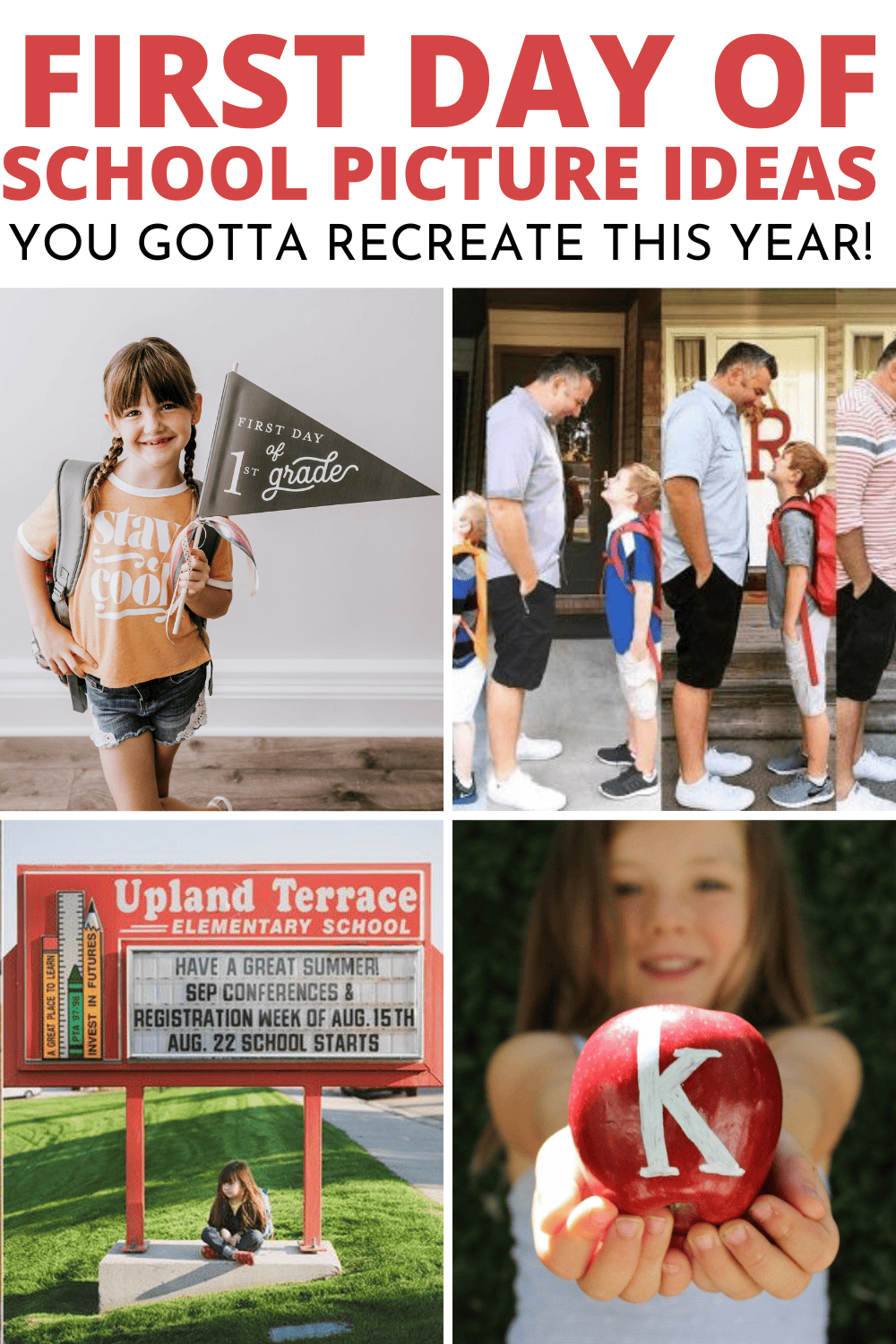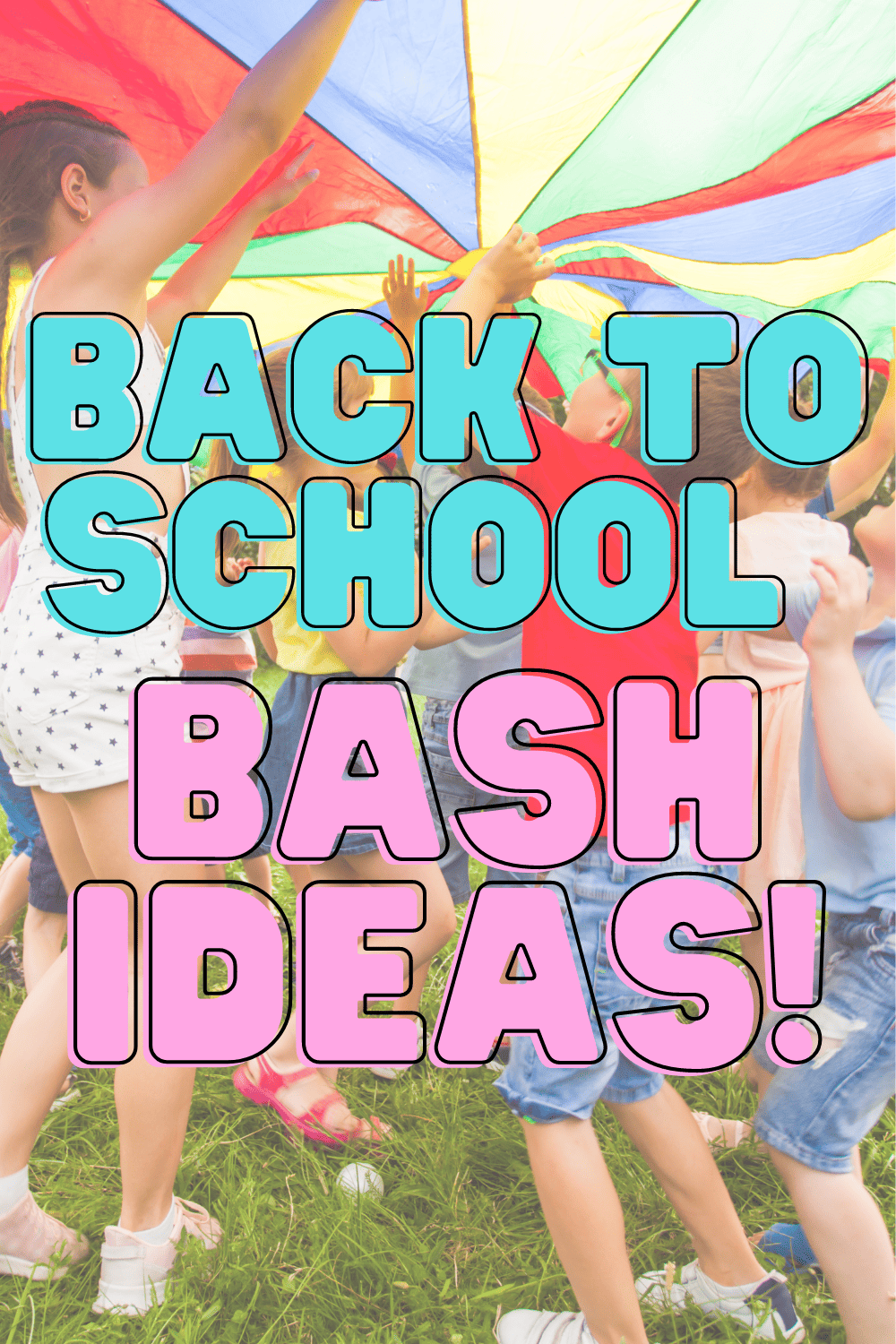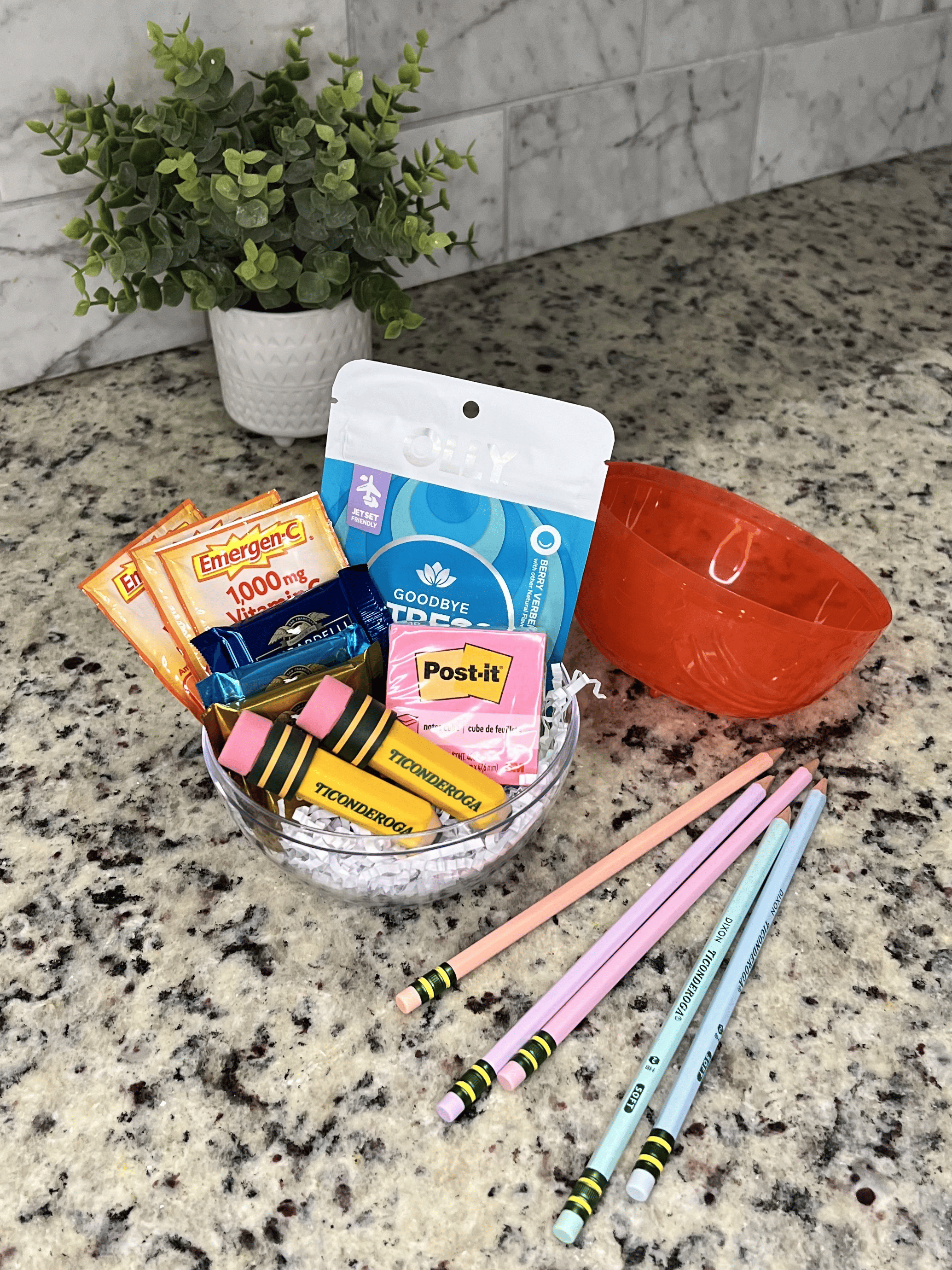12 Everyday Skills For Kindergarten to Practice Before School Starts!
this post may contain affiliate links. I may receive a commission for purchases made through links in this post.
Everyday skills for kindergarten can often get overlooked but are a fundamental key to kindergarten success!

Hi friends,
When my oldest started kindergarten, everything was new to her! She had been home with me since birth and no experience in a classroom setting or with teachers.
I was so focused on the academic side of things that I didn’t give much thought to the experience as a whole. Luckily she adapted pretty well with only a few road bumps.
The second time around when my son was about to start kindergarten, I knew better! He was so much better prepared both socially and emotionally. I’m telling you, it’s just as important to practice everyday skills for kindergarten as it is to focus on ABC’s and 123’s.
By the time we’re through with this post, you’re kiddo is going to be set up for success from the very first day. I’m so glad you’re here!
What are everyday skills for kindergarten and why are they important to practice?
When most parents think about “kindergarten readiness” they often think about how high their kiddo can count, how well they can write and/or how many letters they can recognize.
While yes, those are important things to work on, theres a whole other side of readiness that too often gets overlooked. The everyday skills! Skills that help kids feel confident navigating their daily school routine & managing tasks on their own.
Practicing these skills in ahead of starting Kindergarten will not only help your kiddo feel more prepared but will also help ease some of your own worries. Both you and your kiddo deserve to feel confident and prepared for this new journey!
12 Everyday Skills to Practice before kindergarten starts
In this blog post, we’ll go over 12 everyday skills for kindergarten you’ll want to practice with your child. These things may seem small to us, but to a 5 year old – it’ll make all the difference!
1. Lunchroom expectations
Kindergarten lunch time moves very fast and usually limited to around 20 minutes. Crazy – I know!

With limited adult help, you don’t want your kiddo to be the one sitting and waiting for someone to notice they need help. Lunch time will pass before they know it and unfortunately they’ll be left hungry!
Kindergarteners will likely have a lunch aid at their table to help when needed. But, it’s best not to *fully* depend on them. They have over a dozen of other kiddos to watch out for and help too.
2. Going to the bathroom independently
Gone are the days of preschool where a teacher will help you wipe. In kindergarten, children will be expected to be able to use the bathroom independently.
Here are a few bathroom skills they should have mastered:
Take this time to also remind them that accidents may happen and what to do if it happens to them. Remind them that while they’re expected to be independent for the most part – they can still ask for help and no one will be upset with them.
3. Recognizing their own belongings
With all the new items like a new lunchbox, new backpacks, new clothes, new school supplies its easy for kids to lose track of whats theirs.
Make sure you label everything you humanly can and teach them to recognize their own name.
Skip the fancy fonts on labels and use clear, easy-to-read, bold text when labeling items with their name. They might not know how to read or write their name yet but they should be able to recognize it, at least.
4. Following multi-step directions
In school, kids are asked to follow directions all day long. Instructions are often given once and are expected to be followed without constant reminders.
Practice two or even three-step directions. For example, “put on your shoes, then grab your water bottle” or “wash your hands, grab your lunch and then sit down at your seat”.
The skill of being able to independently follow multi-step directions at school is huge! It will help them feel more confident rather than always feeling two steps behind. No one wants to be constantly looking around at everyone else to see whats happening.
5. Packing and zipping their backpack
In kindergarten your kiddos backpack will likely be bigger than them lol! It will hold their folder, lunch, a water bottle and likely a change of clothes.
Show them how to open/close their backpack zippers and snaps, how to put in their folder and/or water bottle and carry it comfortably on their own.
6. Asking for help when needed
Some kiddos are naturally outspoken and confident – my kids weren’t lol
Role playing simple situations where they may need to ask for help is an easy to way to help build up their confidence. Times where they spill something, feel sick or need help opening their snack might make them nervous to speak up.
Go over easy phrases like “Excuse me, I need help ___” or “Can you please help me ___?” so that they have script they can use when they’re unsure of how to ask.
7. Getting ready in the morning
School mornings are.. something else.
I highly recommend getting on a school-appropriate schedule a few weeks before school starts. This is to help them get into a routine and know what to expect. It’s also great practice for you because trust me – busy school mornings are not for the weak lol
Create a simple morning task checklist for your kiddo to follow each morning with things they are expected to do independently. Set a timer and try to see if they can race the clock as a fun way to practice!
Check out our post on school morning routine hacks for more tips! (includes a free printable morning checklist you can edit to fit your kids routine!)
8. Navigating basic social situations
Kindergarten is full of new social experiences! Often things they may have never navigated on their own before – making friends, sharing, waiting their turn, etc.
This sort of thing is kinda hard to replicate and prepare for if you don’t have multiple children or frequent large kid-group settings. If possible, try to join in on some local library activities! This will help your kiddo get used to being around others and socializing.
Another great way to help prepare them for tricky situations is by reading books together. Books that explore topics about navigating conflict, making friends and problem solving.
Here are a few great recommendations:
9. Wearing shoes & clothes they can manage
Comfort & independence over style everyday when it comes to Kindergarten!
Just like we talked about when it comes to using the bathroom independently, having clothes that are easy to manage for your kiddo is hugely important.
Practice taking on/off shoes, zipping/unzipping jackets, fastening buttons or snaps, etc. so that they can transition throughout their day easier.
10. Taking turns and waiting patiently
“Patience is a virtue” a lesson we all hope to teach our kiddos!
Before entering Kindergarten is the most perfect time to start practicing patience and turn-taking. It’s a tough skill to master but we can make it fun!
Games and activities that require turn taking or patience are a great way to practice this skill without it feeling like a lesson!
tOP Games for kids
11. Recognizing their name
While incoming kindergarteners don’t necessarily need to be able to write their own names yet, they should be able to at least recognize it.
Teachers label everything! Recognizing their names will help them be able to identify their cubby, supplies and folder on their own. You should also be labeling everything you send in with them to school too! Be sure to use clear, easy-to-read, bold fonts.
If your kiddo has a more common name, make sure they’re also able to recognize their last name. This will be extremely helpful in avoiding confusion with another child with the same name.
12. Basic safety reminders for school
It’s never ever too early to go over safety!
Now is the perfect time to sit down and have a good conversation about how to stay safe at school. Teach your kiddo to always stay with their group, to never follow a stranger and how to speak up for themselves when they feel uncomfortable in any situation.
Practice confidently and firmly saying phrases like “no thank you!”, “Please stop that right now!” , “I need a trusted adult!” and even “I don’t feel safe!”. This way they know what to say if something doesn’t feel right. Encourage them to trust their intuition, if something feels off – it’s best to seek help right away.
If your child will be walking home or from a bus stop, make sure you also go over stranger danger. Agree on safe word or color that only trusted adults in their life will know.
Easy ways to practice everyday skills for kindergarten
The cool thing about these kinds of skills? You don’t need a degree or ton of time and resources to teach them lol
These are fun skills that kids look forward to mastering and want to be able to do on their own. You’d be surprised how eager they’ll likely be to practice these skills with you!
Here are a few low-pressure ways to practice everyday skills for kindergarten:
Have fun practicing these everyday skills for kindergarten together!
This post was all about everyday skills for kindergarten to practice!







